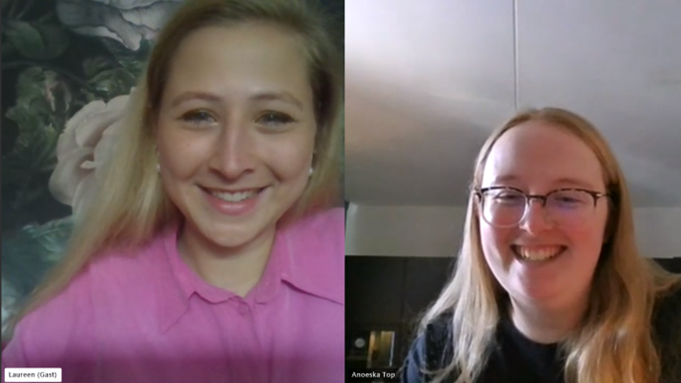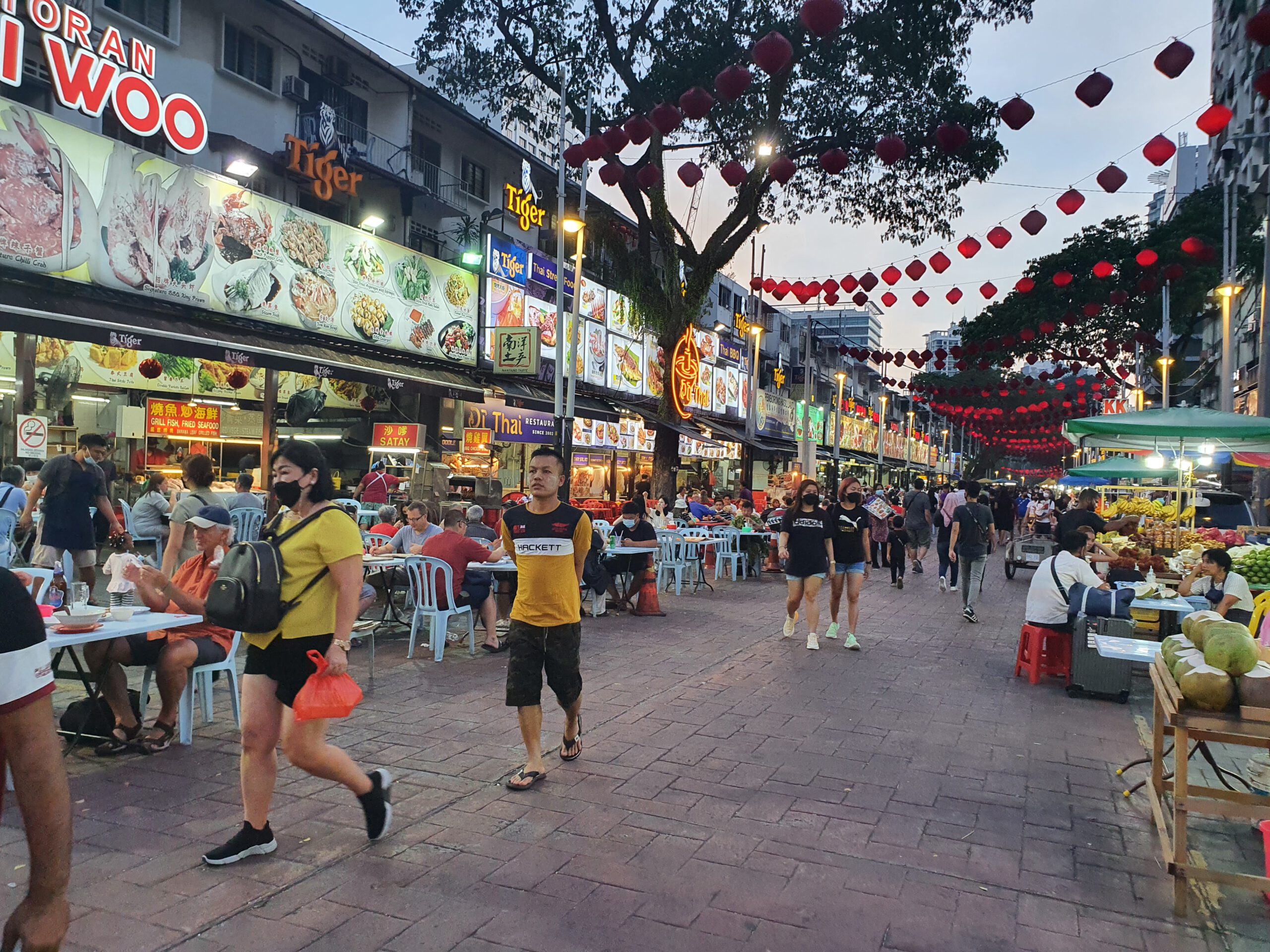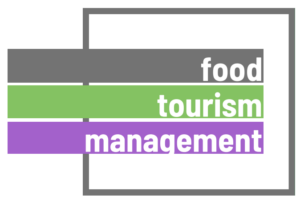On this page all blog articles of Food Tourism Management are shown.
30.08.2023: Food tourism is a rapidly expanding industry with an estimated 39 million travellers choosing their destination based on their food and beverage choices, according to the World Food Travel Association (WFTA, 2021). The amount of food waste produced by the tourism sector is enormous. A lot of food is wasted in our daily operations, from uneaten sandwiches to tiny muffins. According to the United Nations (2019) about one-third of the food produced worldwide is wasted, which has detrimental effects on the environment, the economy, and society. In this article, ten practical ways in which destination marketing organisations (DMOs) can work towards reducing food waste at their destinations are introduced.
21.06.2024: Food tourism is currently on the rise. According to Future Market Insights Inc. (2022), the annual growth rate of the food tourism market is estimated at 16.6% during the period of 2022 to 2032. This reflects a high demand for food tourism in the upcoming years. However, a higher demand means an increase in the negative impacts of food tourism too. DMOs together with stakeholders in the food tourism industry are expected to understand the importance of sustainability. This is necessary to maximise the benefits of food tourism and to mitigate its negative impact. Still, there is some confusion about what food tourism really is and how other stakeholders can get involved. Hence, this article focuses on different tips DMOs can apply to develop sustainable food tourism (Brynja Laxdal et al., 2022).
22.11.2022: As food tourism is on the rise, it is important that food tourists adjust their behaviour towards the people, economy and environment during their holidays. The growth of food tourism has positive impacts on the people and its economy. For example, creating jobs, improved understanding of the local culture and contribution to the agriculture. Unfortunately, there are also negative impacts, such as the risk of losing cultural identity, increased volume of waste and the overall price increase of goods and services. The good news is that, there are several ways how food tourists can be more sustainable and contribute to the protection of the people, economy and environment.
13.09.2022: We are excited to share that FTM is collaborating with the students of the Tourism Management Bachelor study programme at NHL Stenden University of Applied Sciences in the Netherlands. In their Tourism Research Project module, students work together with businesses from the industry in order to apply their research skills to the practical field. Furthermore, they seek to find sustainable and innovative solutions for problems in the tourism industry based on primary and secondary research. In this project, Food Tourism Development Guidelines will be developed to solve the problem of mismanaged (food) tourism destination.
world tourism day Developing More Sustainable Food Tourism World Tourism day - rethinking tourism Every year on September 27th the World Tourism Day is celebrated. The day was established in…

Laureen Rashof and Anoeska Top during an interview about possible collaborations in the Wadden Sea Area
07.06.2022: In order to promote the Wadden Sea Area as a World Heritage site, Stichting Waddengroep (the foundation of the Wadden Sea) wants to enhance food tourism in the region. As the Wadden Sea Area is stretched over the Netherlands, Germany and Denmark, it is difficult to develop food tourism there in a sustainable way.

Authentic food tourism street in Bukit Bintang in Kuala Lumpur
30.08.2022: When going on holidays, tourists often seek a dining experience, that is as authentic to the region as possible. Especially in tourist hotspots, often that is not the case. Consequently, some tourists leave the place disappointed and upset. In order to change this, designing authentic food tourism is crucial to create an atmosphere in which tourists feel like they are part of the culture and history of the place.


